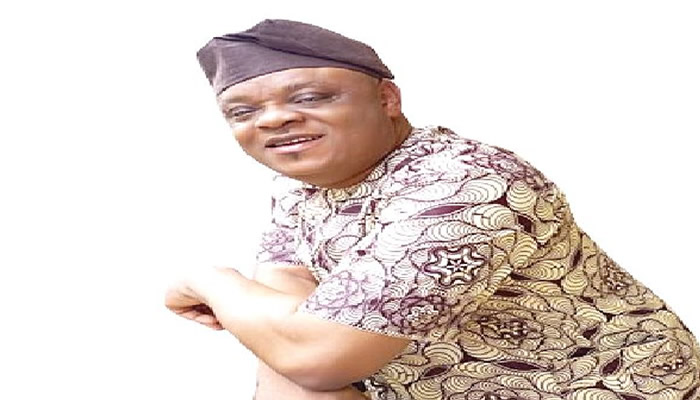
The defection of key Lagos PDP members, including the party’s spokesperson Hakeem Amode and several candidates from the 2023 elections, to the APC highlights an intensifying trend of political realignment across Nigeria, especially as the 2027 general elections draw closer. Here’s a breakdown of the implications and context:
Key Developments:
- Mass Defection: Amode and a host of PDP figures, including state assembly candidates and party executives, defected to the APC citing disillusionment with the PDP’s direction.
- Motivation for Defection:
- They claim the PDP has “lost its way,” straying from its founding ideals.
- The move is also linked to loyalty to Abdul-Azeez Adediran (Jandor), the 2023 PDP governorship candidate in Lagos, who earlier joined the APC.
- Collapse of PDP Lagos Structure: The defectors declared that the entire PDP structure in Lagos—from ward to state level—is effectively “collapsed” into the APC.
Reactions from PDP:
- Deputy Chairman Tai Benedict’s View:
- He attributes the defections to joblessness among politicians, suggesting many depend solely on politics for survival.
- He emphasized that politicians with independent sources of income (like himself, a dairy farmer) are less desperate to switch parties.
- Benedict admitted that the PDP in Lagos—and nationally—faces an uncertain future, saying, “We don’t even know what is going to happen to the PDP nationwide.”
- On Alleged Inducement: While Benedict stopped short of accusing the APC of “buying” defectors, he suggested motivations were self-serving rather than rooted in ideology or national interest.
Broader Political Context:
This is part of a national wave of defections, with multiple PDP governors, federal lawmakers, and now even state-level operatives crossing into the APC in recent weeks. It reflects:
- APC’s strategic consolidation ahead of the 2027 elections, potentially aiming to marginalize opposition through a de facto one-party dominance.
- Erosion of ideological clarity in Nigerian politics, with party-switching driven more by personal ambition and access to power than policy alignment or public service principles.
Implications:
- For the PDP:
- Major weakening of its Lagos State base.
- Internal instability and loss of trust among mid-level stakeholders.
- National fragmentation as seen in Akwa Ibom, Delta, and now Lagos.
- For the APC:
- Strengthened grip on Lagos, already its stronghold.
- Increased perception of dominance but risk of internal friction as new entrants jostle for relevance.
- Possibility of complacency or authoritarian tendencies if genuine opposition weakens further.
- For Nigerian Democracy:
- A weakening opposition could diminish democratic accountability.
- Highlights the need for institutional reforms, party discipline, and value-driven politics, rather than opportunistic realignments.



